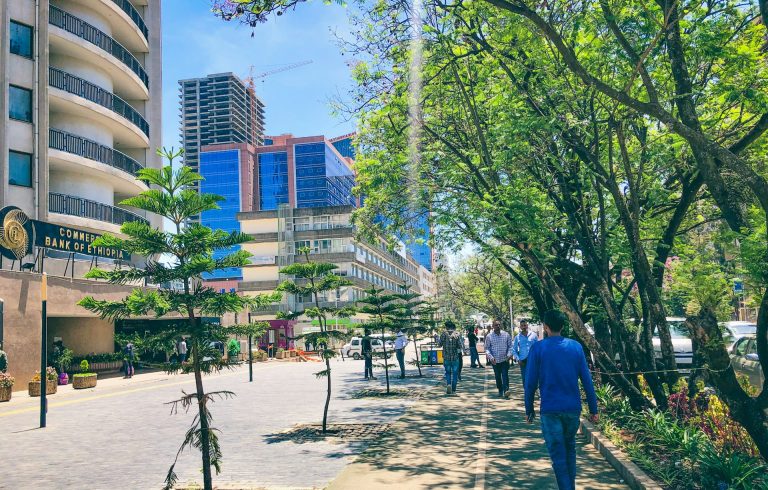- Rising rent and fuel prices drive Egypt’s inflation rebound
- Central Bank’s rate cuts may risk fuelling demand further
CAIRO, EGYPT – Egypt’s inflation rebounded in October, rising to 12.5% from 11.7% in September, after four months of consistent easing, according to official data released Monday.
The Central Agency for Public Mobilisation and Statistics (CAPMAS) said prices also rose 1.8% month-on-month, marking a clear reversal from previous declines and reaching the highest level since July.
The main driver of the jump was a sharp increase in housing costs, which accelerated to 27.1% in October from 18.2% the month before. The spike followed the introduction of new rental legislation in August that allowed landlords to raise monthly rents across the country.
Fuel prices were another major contributor. On October 17, authorities raised the prices of petrol, diesel and other petroleum products by 13%, citing ongoing reforms to reduce fuel subsidies and narrow the budget deficit. The increase came just six months after a similar 15% hike, feeding through to production costs and consumer goods.
While transportation costs eased slightly to 26.0% annually from 26.1%, the higher fuel prices have been reflected across sectors, putting renewed pressure on businesses and households.
Meanwhile, prices of food and beverages rose 1.2% month-on-month in urban areas — the fastest pace since April 2021 — while the annual rate held steady at 1.5%. Clothing costs also added to the overall rise, climbing to 15.7% from 14.9%.
Core pressures build despite policy cuts
Even core inflation, which excludes volatile food and energy items, showed worrying signs of persistence. CAPMAS said it stood at 12.1% annually in October, up from 11.3% in September, while rising 2.0% month-on-month — signalling that underlying price pressures are intensifying.
Money supply growth remained elevated at 22.9% year-on-year as of September, pointing to continued liquidity in the system.
In rural areas, price pressures were softer, with inflation at 7.8% annually and 0.8% monthly. Nationally, inflation stood at 10.1% in October, compared to 10.3% in September, with the consumer price index reaching 264.3 points, a 1.3% monthly rise.
Monetary policy risks
Despite rising prices, the Central Bank of Egypt pressed ahead with further monetary easing in October, cutting the overnight deposit rate to 21.0%, the lending rate to 22.0%, and the main operation rate to 21.5%. It was the fourth cut of the year, following a 200-basis-point reduction in August.
Analysts warn that these consecutive cuts could prove premature, potentially fuelling demand and undermining inflation-control efforts. Still, inflation remains well below its April 2022 levels and far beneath the September 2023 peak, suggesting price stability is not yet under immediate threat.
Egypt’s authorities face a delicate balancing act: spurring growth through lower interest rates while containing renewed inflation pressures driven by structural reforms and external shocks.











